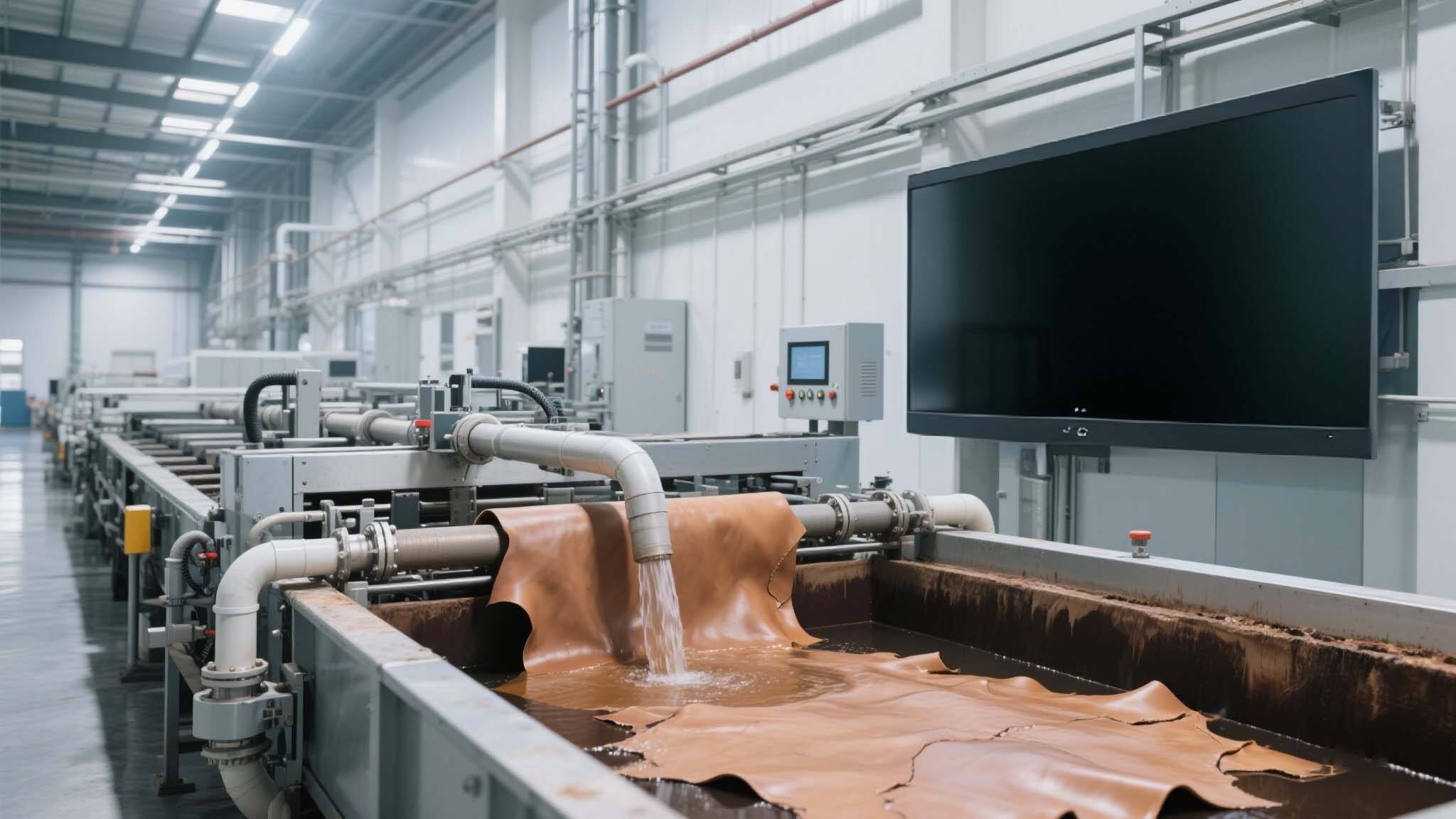Basic Chromium Sulfate (BCS) is one of the primary agents used in leather tanning as it has a great effect on the quality and the longevity of leather products. In this article we are analyzing the impacts of BCS on leather production with regards to its chemical properties, methods of application, and how it affects the properties of leather. Additionally, we will analyze the impacts of BCS use on the environment as well as some of the alternatives that are gaining popularity.
The production of leather requires a tanning procedure which is essential in converting animal hides into leathery material. One of the most popular and effective tanning agents for chrome leather is Basic Chromium Sulfate. This is because of the various attributes and effectiveness it provides during the tanning process. BCS is a compound of chrome which will assist in collagen fibers crosslinking in hides, thus increasing its strength and the rate of degradation. Its usage also makes the leather appealing aesthetically, thus increasing its lifespan while making it a popular choice among consumers of high-class leather goods.
The BCS procedure in leather tanning covers soaking, liming, and tanning. Specifically in the tanning step, BCS is added to the hide, where it permeates collagen and forms stable bonds. This phenomenon is crucial for attaining the texture and supple feel required for the final product. BCS use is also more efficient with regards to dye absorption which positively impacts the fashion and upholstery industries due to the bold colors and finishes that are produced.
With the advantages that come with using BCS, its environmental effects also need to be considered. BCS uses chromium, which particularly in its hexavalent form poses a serious health concern and environmental issue. Therefore, the leather industry comes under greater scrutiny for more eco-friendly alternatives. This has sparked the use of other tanning agents such as vegetable tannins or synthetic polymers which try to lessen the impact of leather production on the environment without compromising the quality.
Alongside the environmental concern, there is an emerging market for leather products. Customers are more concerned than before about the sourcing and production processes of products. This change is making many BCS users reconsider their strategies towards more environmentally friendly possibilities that please consumers. The sustainable fashion movement is impacting the leather sector, driving it toward innovative and responsible practices.
To summarize, Basic Chromium Sulfate is essential in the leather industry as it offers unparalleled advantages for the longevity and visual appeal of leather. Yet, there are challenges concerning the sustainability focus from the industry. The shift towards eco-minded practices still needs to be met where leather production is encouraging innovation to blended quality and ecological responsibility. It is likely there will be an sism approach to counter these issues where the equilibrium will be focused on consumer needs balanced with environmental eco-friendly policies.


